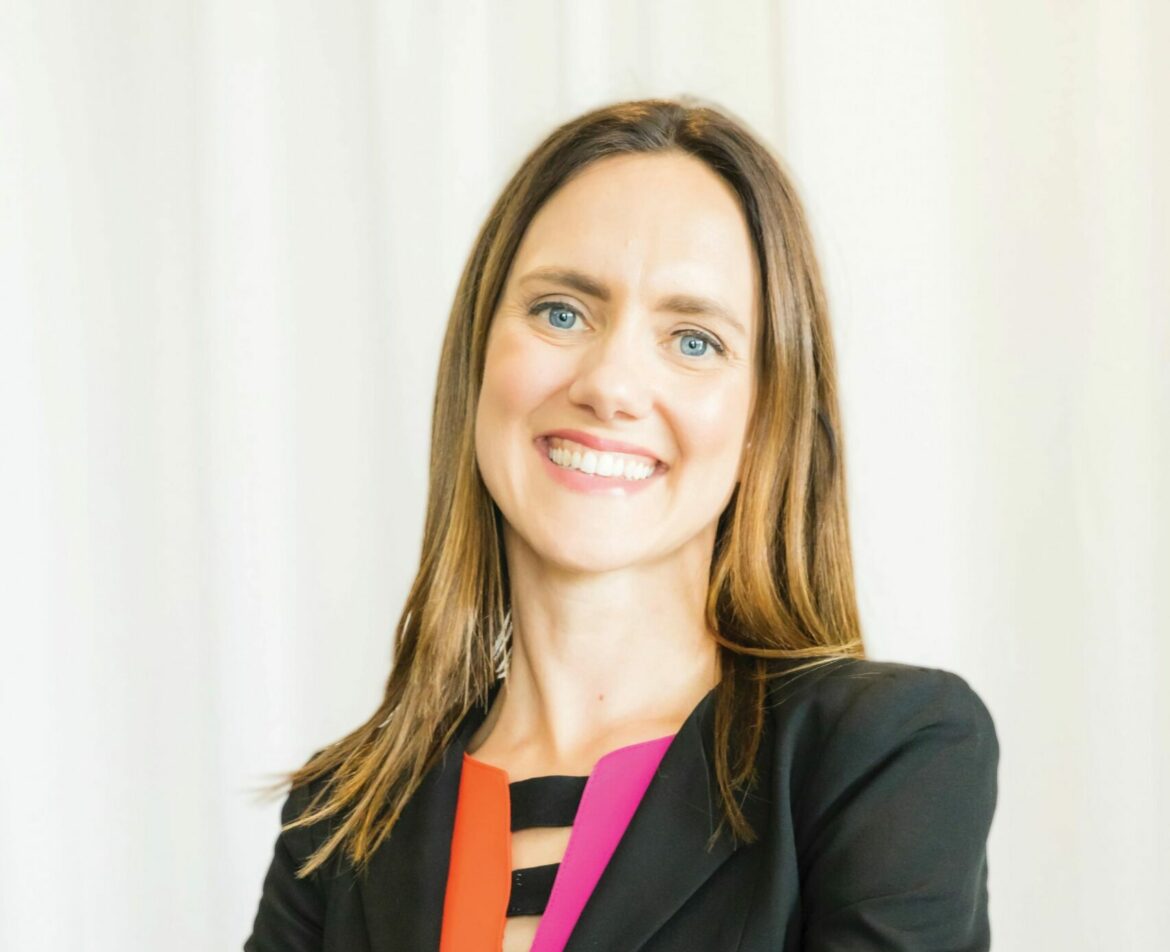Gen Z will make up more than a quarter of the global workforce by 2025, according to McCrindle Research data. However, when it comes to retaining staff of Gen Z (those born between 1995-2009), employers need to better understand and support the Gen Z workforce in building their offline professional personas, says leading Gen Z expert and social researcher, Claire Madden.
As more and more Australian workers are being encouraged to return to the office, Claire says that Gen Z is at risk of increased anxiety because they’re not as confident as older generations when it comes to interpersonal skills and face-to-face interactions.
“Following The Great Resignation, it seems like we may now have The Great IRL Hesitation: people feeling awkward in office interactions, presenting, asking for help, and even just picking up the phone for a call can fill many Gen-Z and Millennial employees with dread and create a feeling of apprehension,” explains Claire.
A 2023 US study revealed that 90% of Gen Z employees experience social discomfort or anxiety at work, with ‘being called on in meetings’ and ‘giving presentations’ in their top five reasons as to why they feel anxious.
Claire is adamant that the situation is just as pressing in Australia as it is in the US and accordingly, says that Australian employers – especially those calling on staff to return to more days in the office – should be considering ways to help Gen Z feel more confident in real life interactions for a more productive work environment and healthier future leaders.
“The way we work is being redefined for Gen Z, as they emerge into their career years amidst seismic global shifts and rapid disruption.
“Gen Z bring unique strengths into the multigenerational workplace. They are informed consumers, willing contributors, and digitally capable. Yet whilst they are tech-savvy and confident at curating their virtual identities, there can be a confidence gap when it comes to interpersonal skills and communicating face-to-face with clients and colleagues. They’ve been starved of the multiple opportunities to foster these skills in the way their older colleagues have,” adds Claire.
To help address the issue, the National Institute of Dramatic Art (NIDA) has released a collection of on-demand professional development courses – called Prologue by NIDA – inspired by the lessons and insights of the NIDA Corporate Training team.
“NIDA is renowned for training some of our most famous on-screen stars, and for over 30 years through our acclaimed NIDA Corporate Training, we’ve also been training Australia’s top and emerging business leaders in effective communication, influential leadership and face-to-face presentation skills. It’s so exciting to be sharing these skills and insights with people across Australia through this new self-directed Prologue by NIDA experience,” says Terri Martin, Head of NIDA Corporate Training.
Prologue by NIDA’s first course, Act Natural, includes a hardcover book, app, audio guide, films and games deliberately designed to engage Gen Z.
Lessons within the course take 15-30mins a day, and the full course requires approximately six to eight weeks to complete. The course is now available for purchase via https://prologue.edu.au/ and costs $759 incl GST (tax deductible for some) and also available to purchase using AfterPay.
“It makes sense for an offering like Prologue by NIDA to come along, that not only helps Gen Z with crafting their offline persona and communicating effectively in the workplace, but also delivers entertaining and insightful content in a way that works for them,” adds Claire Madden.
In addition to investing in courses such as Prologue by NIDA, Claire’s top tips for managers of the Gen Z workforce are:
· Facilitate a supportive relational environment in your workplace culture. Teaming up colleagues to work together on a project will help Gen Z build offline relationships and feel like they can be their true authentic selves at work.
· Give Gen Z achievable opportunities to grow their confidence in face-to-face communication – including training and development, and contexts where they can share their knowledge.
· Creating pathways that provide Gen Z with personal and professional development is key to a retention strategy.
· Help Gen Z identify and develop ‘transferable’ skills that they will be able to take with them on their career journey into the future. This includes skills like communication, problem solving and leadership skills.
· Secure foundations and positive sense of self-awareness and confidence within Gen Z because this will translate to confidence in interactions with colleagues and clients.
· Provide regular, ongoing, positive and constructive feedback to Gen Z. They have become conditioned to regular feedback through online platforms. In the workplace they like to know whether they are doing things well and how to improve in their work. Remember it doesn’t take long to give a positive compliment after you see a staff member do a good job.
Claire Madden is internationally renowned as a ‘Voice for Gen Z’ and works with some of the nation’s largest companies and leading brands on the changing landscape of Australia’s younger workforce and the implications for business and society when it comes to interrelating with Gen Z.
For more information about Prologue by NIDA: https://prologue.edu.au/
